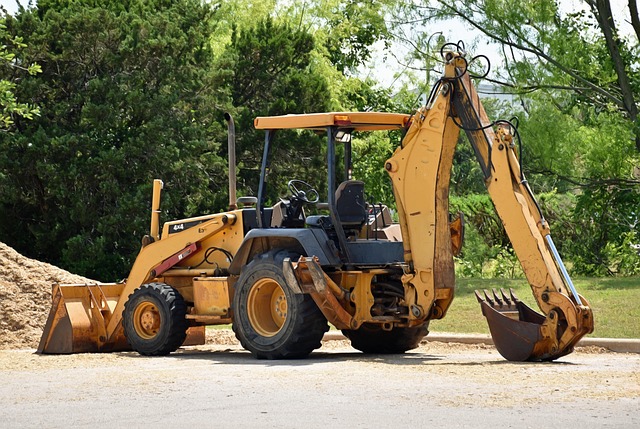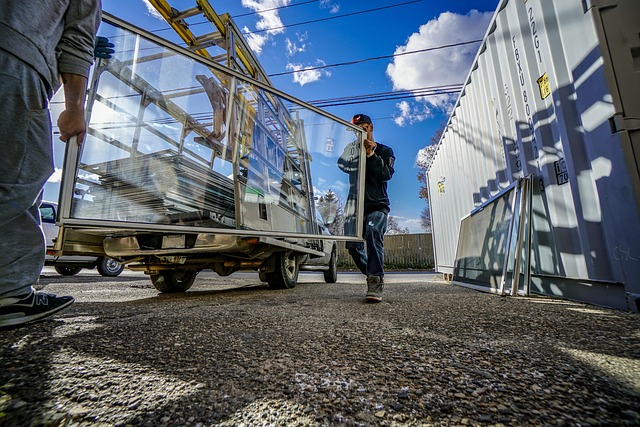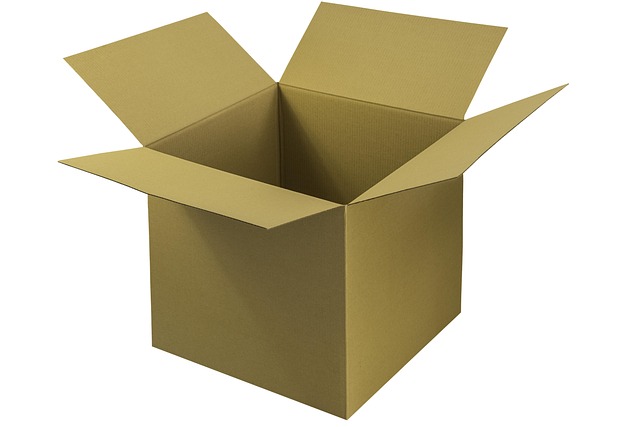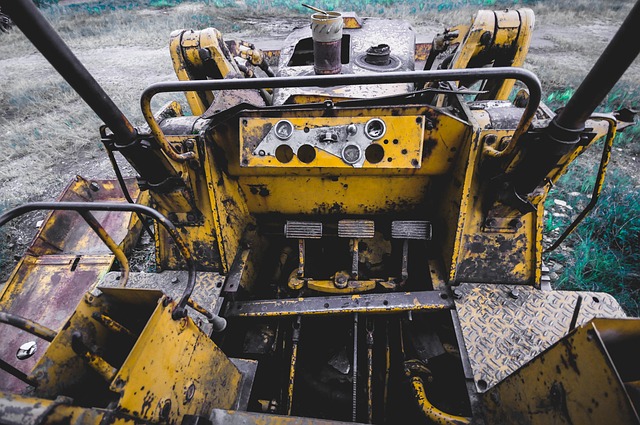In Ireland, secure storage facilities are vital for diverse household goods relocation needs. Top-rated facilities offer climate-controlled units, advanced security systems, and expert packing advice, ensuring seamless moves. Strategic location, robust security measures, and customer reviews are key selection factors. Cost structures vary based on unit size and access options, with add-on services potentially simplifying the process for household goods relocation in Ireland.
In Ireland, where a vibrant real estate market meets diverse personal storage needs, securing reliable and dry storage facilities is paramount. Whether planning a household goods relocation or navigating life’s transitions, understanding local storage options is crucial. This article guides you through Ireland’s secure storage landscape, highlighting top-rated facilities for household goods, exploring factors crucial for dry storage, offering expert tips on choosing providers, and demystifying costs and access.
- Understanding Ireland's Secure Storage Needs
- Top-Rated Facilities for Household Goods
- Factors to Consider for Dry Storage
- Expert Tips on Choosing Reliable Providers
- Navigating Costs and Access Options
Understanding Ireland's Secure Storage Needs

In Ireland, with its vibrant economy and increasing number of household goods relocation services, the need for secure storage facilities has risen significantly. Whether it’s temporary or long-term, residents and businesses alike require safe spaces to store their belongings while they navigate life’s transitions. This demand spans various scenarios, from students needing a place to keep their possessions during studies abroad to families downsizing or individuals relocating for work.
Understanding these diverse needs, Ireland has developed a robust network of storage facilities that offer both security and climate-controlled environments. These facilities cater to the specific requirements of household goods relocation, ensuring fragile items remain intact and valuable possessions are protected from damage, theft, or natural elements.
Top-Rated Facilities for Household Goods

When it comes to relocating household goods within Ireland, having a secure and dry storage facility is essential. The top-rated facilities in Ireland understand this need and offer state-of-the-art storage solutions that cater specifically to household goods. These facilities are designed with advanced security systems, including 24/7 surveillance, access control, and climate-controlled environments, ensuring your belongings remain safe and protected during transit or while you’re settling into your new home.
Many of these top-rated facilities also provide packaging materials and expert advice on efficient packing techniques, further enhancing the household goods relocation process in Ireland. They offer a range of storage unit sizes to accommodate different needs—from small apartments moving to larger homes—ensuring every customer finds the perfect fit for their belongings.
Factors to Consider for Dry Storage

When considering dry storage solutions in Ireland, especially for household goods relocation, several key factors come into play. Firstly, location is crucial; choosing a facility close to your home or business can save valuable time and effort during the moving process. Accessibility and ease of transportation are essential features to look out for.
Additionally, security is paramount. Look for storage facilities with advanced security systems, including surveillance cameras, alarm systems, and secure entry points. This ensures the safety and protection of your belongings, especially if they include valuable items or fragile household goods.
Expert Tips on Choosing Reliable Providers

When considering household goods relocation in Ireland, selecting a reliable storage facility is paramount for ensuring your belongings remain safe and secure during transit or while you’re settling into your new home. Here are some expert tips to help you choose:
First, verify the provider’s credentials and insurance coverage. Reputable facilities will be fully insured, offering protection against loss, damage, or theft. Check if they provide climate-controlled storage units, especially for sensitive items like electronics or documents, as this safeguards your belongings from extreme temperatures and humidity. Secondly, assess accessibility and security measures. Opt for locations with 24/7 surveillance and on-site staff to deter theft and vandalism. Ease of access is also crucial, ensuring you can retrieve or deliver your goods conveniently. Lastly, read reviews from previous customers to gauge their satisfaction levels, which can provide valuable insights into the facility’s overall reliability and customer service.
Navigating Costs and Access Options

When considering storage facilities in Ireland for household goods relocation, understanding cost structures and access options is paramount. Storage units vary significantly in size, with prices ranging from economical options for smaller items to more spacious units suitable for larger households or businesses. Costs typically include a base rental fee plus additional charges for features like insurance, security, and frequent access.
Access options also differ among facilities. Some offer 24/7 accessibility, ideal for those needing regular item retrieval, while others have restricted hours. Consider the frequency of your anticipated visits to ensure the chosen facility aligns with your needs. Additionally, some providers may offer moving services or packing supplies as add-ons, potentially simplifying the household goods relocation process.
When it comes to relocating household goods in Ireland, secure and dry storage facilities play a vital role. Understanding your specific needs, considering factors like climate control and accessibility, and choosing reliable providers are key. By navigating costs and exploring various access options, you can ensure a smooth transition during your move. Remember, the right storage facility can be a game-changer for a stress-free household goods relocation in Ireland.
